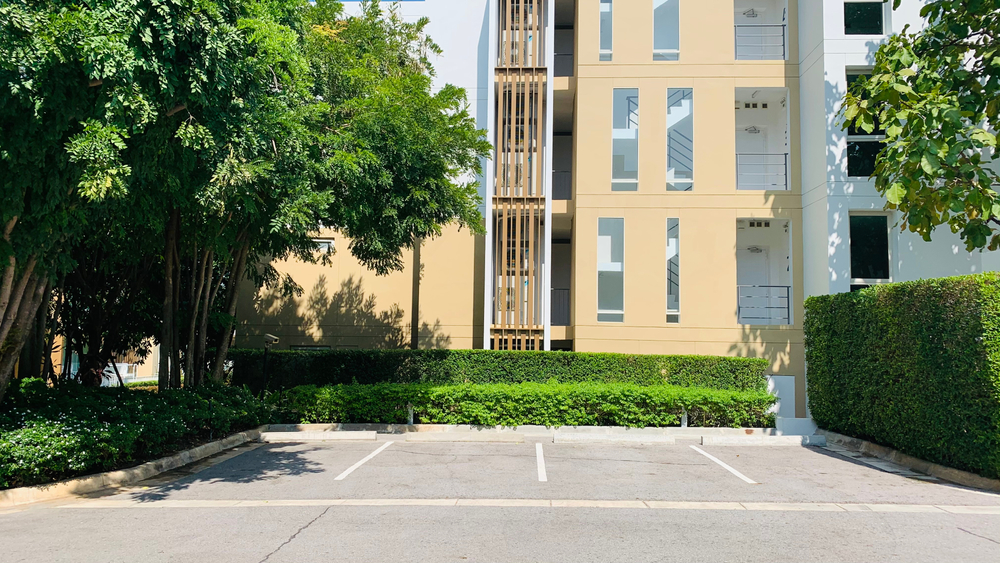
A well-maintained community pool is a valuable amenity in many homeowners associations (HOAs), but it also comes with responsibilities. For self-managed HOAs, enforcing pool rules without the support of a professional management company can be challenging. Without proper oversight, safety concerns, inconsistent rule enforcement, and resident disputes can arise. This guide outlines practical steps for self-managed HOAs to create and uphold pool rules that promote a safe and enjoyable experience for everyone.
Even the best-written rules are ineffective if they aren't consistently enforced. Pool areas can pose safety hazards, and when accidents happen, the HOA may be held liable—especially if it’s shown that rules weren’t communicated or enforced properly. Proactive enforcement helps prevent injuries, property damage, and legal exposure, while also setting a standard for accountability across the community.
Before drafting or revising your rules, evaluate the specific features of your community’s pool. Is it indoor or outdoor? Does it have a diving board, water features, or landscaping that needs protection? Tailor your rules to address these specifics. For example:
Tailored policies help ensure rules are practical and enforceable based on the actual conditions of your facility.
It’s not enough to have pool rules buried in governing documents. You must actively communicate them. Consider these methods:
Any updates or policy changes should be clearly communicated well in advance of pool opening dates to avoid confusion and reduce the chances of rule violations.
Visible signage in the pool area is essential for real-time reminders. Place weather-resistant signs near entrances and seating areas, listing clear and concise rules. If the pool is unattended, post a sign like “No Lifeguard on Duty – Swim at Your Own Risk.” Clear signage not only helps residents remember the rules but also strengthens your legal position if an incident occurs.
Hiring a lifeguard is ideal for enhancing safety and accountability, but it may not be feasible for every self-managed HOA. If the budget doesn’t allow for on-site staff, explore alternative solutions:
Always respect privacy laws—avoid placing cameras near restrooms or locker areas.
Limiting use of the pool to residents and their invited guests is standard practice in most associations. Allowing access to non-members increases risks and dilutes the sense of exclusivity. If your board opts to enforce member-only use, put clear policies in place:
A graduated fine system is an effective deterrent. Start with a warning for minor offenses and escalate to monetary penalties for repeat violations. Examples:
Before implementing fines, confirm your governing documents allow them, and ensure the policies are applied consistently. Transparency and fairness are essential—document each offense and provide residents the opportunity to contest.
While the board is responsible for enforcement, educating residents encourages voluntary compliance. Send out seasonal safety tips and remind residents to:
Encouraging mutual accountability strengthens community engagement and reduces the need for strict enforcement.
Standard rules vary based on the setup, but most communities enforce similar guidelines:
Post these rules in simple, direct language and in a font size large enough to be visible from across the deck.
Each season brings new challenges. Revisit your rules annually to address past issues, incorporate resident feedback, and stay current with state and local safety regulations. Consider surveying residents post-season for suggestions on improving the experience.
Enforcing pool rules while managing all other HOA duties can stretch a volunteer board thin. If compliance or safety becomes unmanageable, it may be time to seek outside support. Professional HOA management companies can provide staffing, vendor coordination, compliance oversight, and legal guidance—all while maintaining consistency and reducing board liability.
Conclusion
Managing pool rule enforcement in a self-managed HOA requires structure, communication, and consistency. By tailoring rules to your amenities, promoting safety, and applying enforcement fairly, your board can ensure that the pool remains a valued and secure amenity.
If your HOA board is struggling to balance operations and enforcement, Gordon James Realty can help. Our team supports self-managed associations by providing customized management solutions, compliance assistance, and vendor coordination. Learn more about our HOA services and connect with us to see how we can support your community.

Learn essential HOA budgeting steps and best practices to ensure financial health, transparency, and effective community management.

Learn how to craft and enforce HOA parking rules, resolve disputes, and ensure compliance with fair, legally sound enforcement strategies.
We're proud to make partnering with us easy. Contact our team to connect with one of our industry experts and get started today.